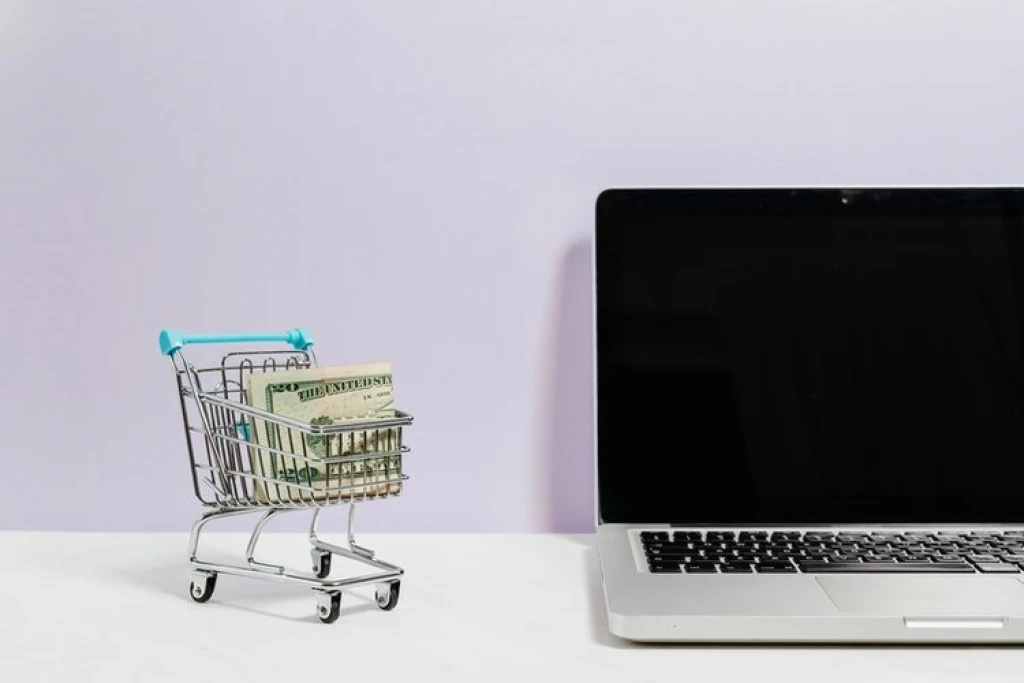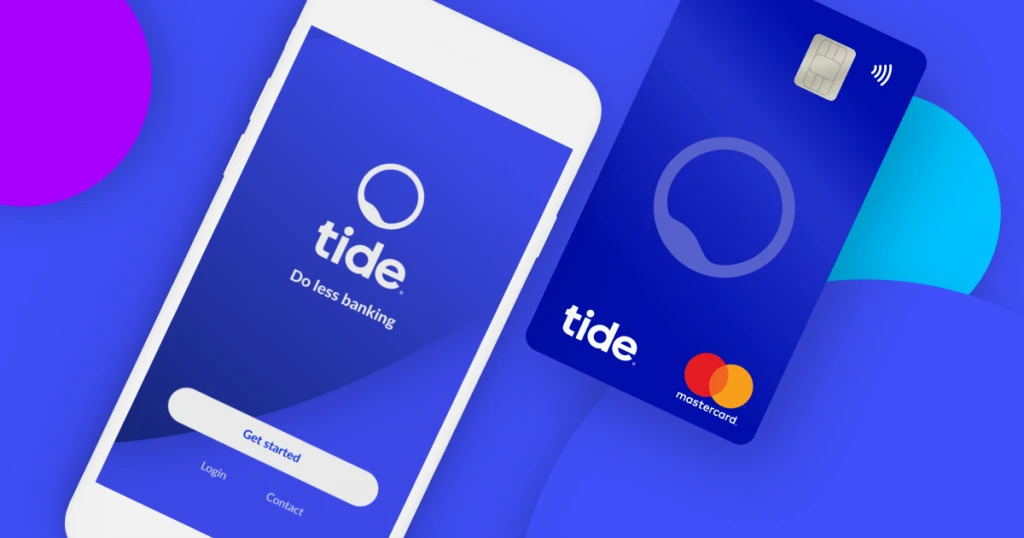8 common business finance terms explained
HOME / / 8 common business finance terms explained
As you start life as a business owner, you'll need to know some common financial terms.
Getting to grips with financial jargon will be vital to your future success.
That's why we're here to demystify things - helping you to keep track of your money, understand what's happening to your business finances throughout the year and ensure you stay up to date with what you owe HMRC.

Every industry has jargon - words and phrases that are specific to that business, sector, skill set, or task. Once you've learned it and become immersed in it, there's no question that jargon can be a useful shorthand. But it's also true that the overuse of these context-specific terms can be a real barrier to understanding some pretty important concepts for anyone who needs to be more casually acquainted with them.
If you are an accountant or a CFO (Chief Financial Officer - there's a bit of jargon for you!) you'll have spent years getting to grips with the differences between net and gross profit, and have an intimate understanding of cash flow. But if you're just starting out in business, finance can sound like a foreign language. This is especially true when you've come from a job where it was someone else's role (or department) to look after the company's cash.

We've explained eight regularly occurring business finance terms.
Getting confident with these words and concepts will help make the first months and years of business ownership go as smoothly as possible (until the point when you can hire an accountant, like Crunch).
Accounts payable
A nice easy one to start off. Accounts payable is just the money that your business owes to any suppliers. If you open a café, for example, then accounts payable will include your regular outgoings to whoever supplies your dairy and ingredients. If you've started a design consultancy, then it can be the likes of rent for office space, or the purchase of tools and materials. Basically, it's the money you pay for any goods or services that you use to keep your business operational.
Accounts receivable
On the flip side, accounts receivable is the money owed to you by your customers for the work or produce you've provided. Whether you've created a new website for a client, delivered a corporate training session, or just dropped off a wedding cake, the fee that you agreed (the money you're owed) falls under accounts receivable.
Profit and loss
Often referred to as 'P&L' (which can sound almost offensive when you say it fast!) There are two things to look at here: the basic definitions of profit and loss, and a profit and loss statement.
Profit is the amount of money that you get to keep at the end of the day, when all of your outgoings for various overheads and accounts payable have been taken into consideration. Loss is any instance where you've spent more than you've earned.
A profit and loss statement is a standard breakdown of money in and out over a specific period of time, such as a financial year.
Read more about getting started with budgets, cashflow and pricing.
Balance sheet
A balance sheet gives a snapshot of your business's financial position at any given time. It's similar to a bank statement, but shows all of the assets (things your business owners - such as computer equipment), liabilities (things you owe, such as next month's rent), and any cash you have in your business account.
Not yet set up a separate bank account for your business?
Here's how taking this step helps sole traders.
Whether you're totting up your profit for tax purposes, budgeting for the year ahead, or borrowing through a Start Up Loan, you’ll need a clear and detailed set of business expenses.
With a Tide business current account, provided by ClearBank, you can keep track of your income and expenditure on the go.
Open a Tide account and get £50 paid into it
Cashflow
Put simply, cashflow looks at the money that passes through your business.
Whether it flows in from client payments, business loans, grants etc., or flows out to service providers, contractors and bills for overheads, it all counts toward the status of your cashflow.
Check out these 5 ways to manage your cash better as a small business.
Gross profit
Okay, this is where it gets a little bit trickier, so stick with us.
Gross profit is the amount of money you've made after subtracting the costs associated with manufacturing your products or providing your services.
Let's use an example of a business selling t-shirts, or workwear. Gross profit is what you're left with at the end of the month, or financial year, after deducting the costs of buying your shirt stock, or having company logos embroidered onto jackets.
Any money that you pay on a product in order to be able to sell it on gets deducted, which leaves you with gross profit. Got it?
Great, onto net profit...
Net profit
After you've worked out your gross profit, you can then go a step further to find out what your net profit is.
To get to net profit, you'll have to deduct all the money that your business has paid out to other sources from the money you've made in sales. That includes all other operating costs - from postage and packaging to business insurance and tax.
Once you've done that, you'll be left with your actual, or net, profit. Calculating this can give you a good idea of how you're spending money, and what you should maybe look to cut down on.
And if you end up with a negative number after carrying out your calculations, then you've made what is known as a 'net loss'.

Get free advice from Smarta
Successful small business owners recognise that staying on top of their cashflow is critical for the long-term health of their company. Follow these five guidelines to help your business survive and thrive, even in times of financial instability.
5 ways to manage your cash better as a small businessPersonal guarantee
A personal guarantee is the legal promise that you make as a business owner, to take responsibility for any debts that the business can't pay.
The long and the short of it is that if the business is given a loan that it can't pay back out of its own funds, the personal guarantee means you're obligated to make the payments from your own pocket.
If you'd feel more comfortable speaking with an accountant before making any finance related decisions, we recommend Crunch.

"We’re delighted to be the 2000th loan recipients!"
